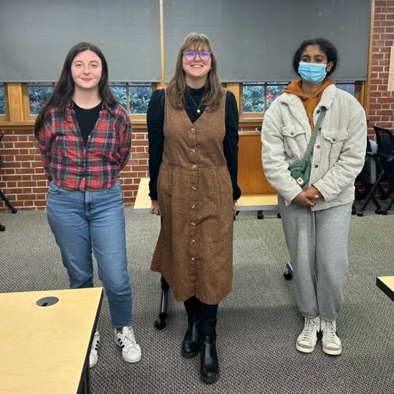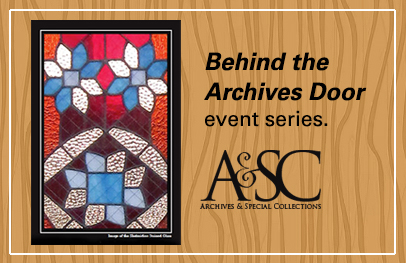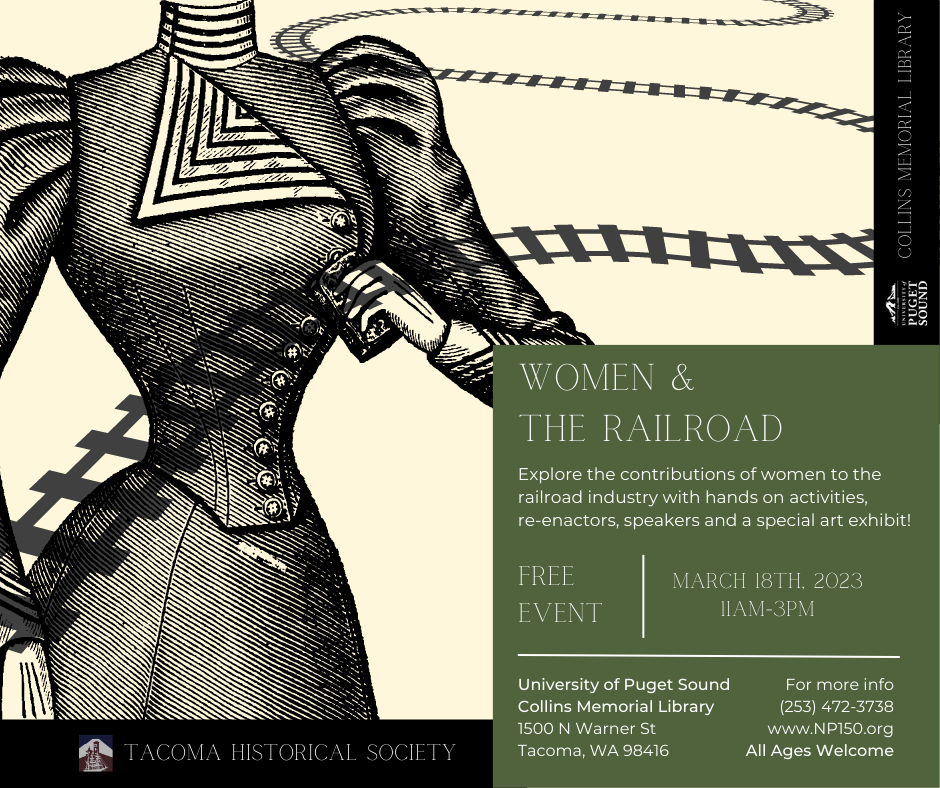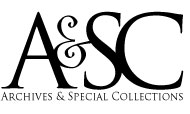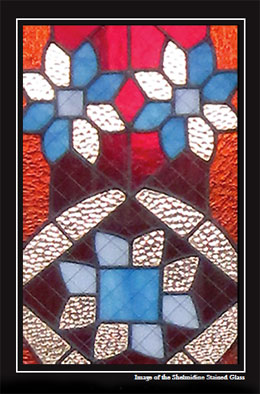Congratulations to Kaya Heimowitz, Sowmya Kannan, and Sammy Schwindt, winners of the 2023 Book Collecting Contest!
Collins Choice Award
Sammy Schwindt
“Ascending the Shadows of my Past: A Collection of Female Led Fantasy Novels”
The Collins Choice Award recognizes a student whose collection illustrates the hallmarks of a liberal arts education. A lifelong learner, Sammy’s passion for books began at an early age, nurtured and encouraged by her mother. In her beautifully written and touching essay Sammy describes how the immersive worlds and inspirational female heroes of the fantasy novels in her collection provided solace and escape from difficult periods of her childhood. Sammy analyzes the themes in her collection, “Ascending the Shadows of my Past: A Collection of Female Led Fantasy Novels,” and how the emotions and thoughts brought forth from reading affected her own personal interactions. As she grew older, made a clean break from her father, and left home for the University of Puget Sound, Sammy discovered that reading fantasy “…was no longer a method of escape, but a force that drove me forward to achieve more than I ever dreamed of.”
Sammy is a senior majoring in Biology.
Best Essay
Sowmya Kannan
“Books That Will Break Your Heart but Will Also Put It Back Together Again”
Sowmya’s heartfelt essay, “Books That Will Break Your Heart but Will Also Put It Back Together Again,” leads us to a crossroads of cultures and identities, of queerness and families, where the journey is one of a search for self. She draws us in to her personal collection, exquisitely detailing how the books within became her guides and companions, helping her navigate grief and trauma to safe spaces and loving families. Her tomes are something to be referred to again and again, palimpsests of uncertainty close at hand on the nightstand, confided to at all hours of the night. They are cherished, well worn and dog-eared, and meant to be shared.
Sowmya is a senior majoring in IPE and English.
1st Place/Single Collector Award
Kaya Heimowitz
“Jewish Fantasy Books: Using Folklore to Contextualize Jewish Identity”
The first place award, or single collector award, acknowledges an excellent, integrated and comprehensive essay, a well annotated bibliography, collection images, and a thoughtful wish list. Kaya’s collection, “Jewish Fantasy Books: Using Folklore to Contextualize Jewish Identity.” focuses on Jewish fantasy, a genre of contemporary writing that draws on Jewish history and folklore. In addition, some of the stories grapple with timeless themes of religion, culture, and personal identity. “As a Jewish person,” Kaya writes, “one could argue that I am predisposed to love reading as one of the ‘people of the book,’” and like readers throughout the history of Judaism, “Reading is how I make sense of the world and reflect on my life.” Kaya collected (and included on her wish list) anthologies of Jewish folklore and children’s stories, which she views as primary sources and inspiration for new writing that is set in the past. The essay is well written, and Kaya calls attention to a distinct category of books that is not currently widely collected but will undoubtedly be of interest in the future.
Kaya is a senior majoring in English, with an emphasis in Creative Writing, and Chinese.
The aim of the competition was to encourage full-time students at University of Puget Sound to read for enjoyment and to develop personal libraries throughout their lives, to appreciate the special qualities of printed or illustrated works, and to read, research, and preserve the collected works for pleasure and scholarship.”
The award was sponsored by the Book Club of Washington, a nonprofit organization of book lovers and collectors who has a special interest in collecting and preserving printed materials. It is a goal of the club to support a new generation of collectors with awards and recognition of their collecting accomplishments. The Collins Library held its annual awards reception on April 20th, where all student participants were recognized for their achievement.
Congratulations to all the students who participated in the contest:
- Kaya Heimowitz, “Jewish Fantasy Books: Using Folklore to Contextualize Jewish Identity”
- Sowmya Kannan, “Books That Will Break Your Heart but Will Also Put It Back Together Again”
- Amelia Pooser, “The Worlds In Between the Pages”
- Ember Reed, “My Grimoires”
- Liz Salvatori, “World-Shaping Stories: Finding Myself”
- Sammy Schwindt, “Ascending the Shadows of my Past: A Collection of Female Led Fantasy Novels”

